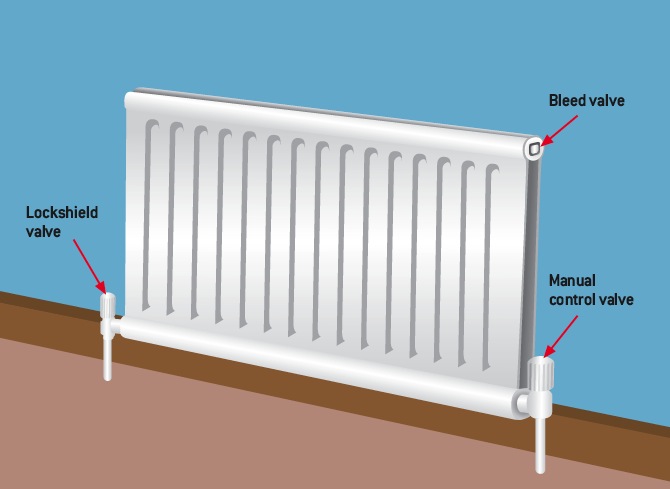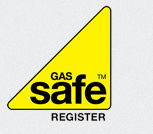How To Bleed Your Radiators

Many properties and commercial premises in the UK today have central heating installed, which uses radiators filled with water, often heated by gas. Sometimes air can get into the central heating system and stop it from working properly. If this happens it may mean your radiators need bleeding.
Spotting The Signs Your Radiators Need Bleeding
When your central heating is on touch your radiator. If the radiator is cold at the top and warm at the bottom it means there may be air trapped inside it, this usually happens when fresh water has been added to the system either from topping up the heating after maintenance or if water has been added from the feed and expansion tank.
How To Bleed Your Radiators
Bleeding radiators is fairly straightforward however it can get a little messy so we advise you get a few towels before doing so to protect the flooring underneath the radiator and absorb and excess water that bleeds out.
Firstly, you must turn off your central heating, radiators should be bled whilst your central heating is switched off. Turning off your heating will prevent boiling water from squirting out of the system and also stop any more air being sucked into the system.
Once your central heating is switched off you must then decide which radiator to bleed first. If you live in a two floor house (with an upstairs and a downstairs) first locate the radiator on the ground floor which is furthest away from your boiler, once you’ve done the downstairs you can repeat the process upstairs.
Once you’ve located the correct radiator you then need to locate your radiator bleed valve. Using the radiator bleed key (if you don’t have one you can get one from any DIY shop) turn the key slowly anti-clockwise (do not turn the screw more than two complete turns as you do not want to remove the screw completely) until you hear a hissing noise. Wait for the hissing to stop and you will then start to see drops of water coming from the bleed screw. Re-tighten the screw and then check the pressure hasn’t dropped on your boiler. Once you have bled all your radiators and the pressure on the boiler is correct you can then put the heating back on.
You should bleed your radiators once a year at least, if you need more advice on bleeding radiators or need advice on maintaining your central heating system you can contact JWC Plumbing & Heating on 0151 345 4039






Leave a Reply